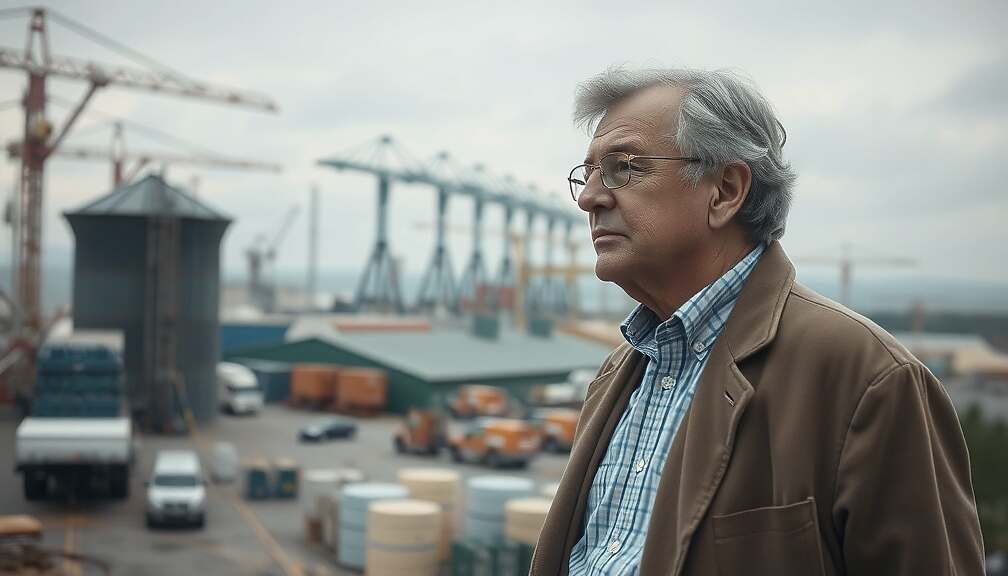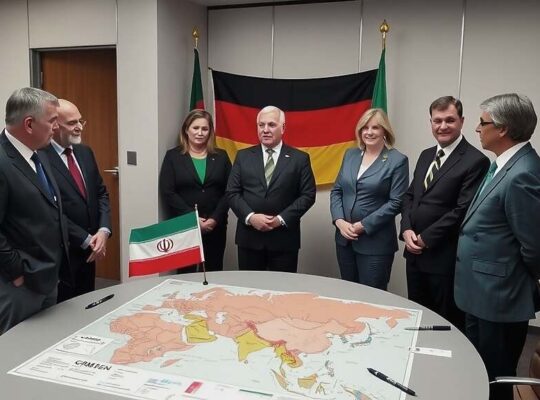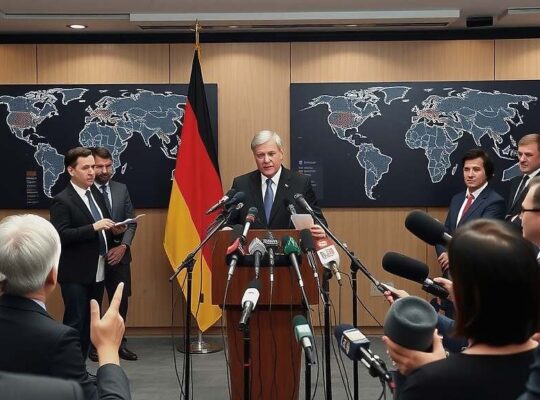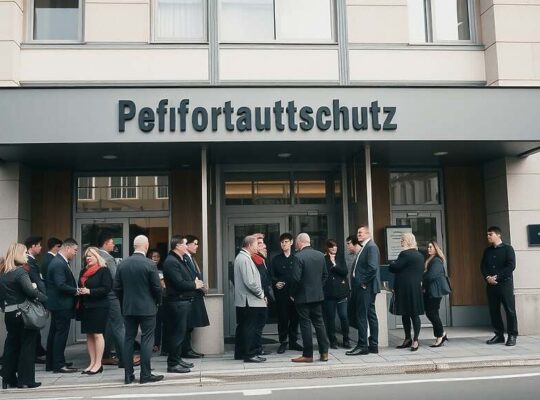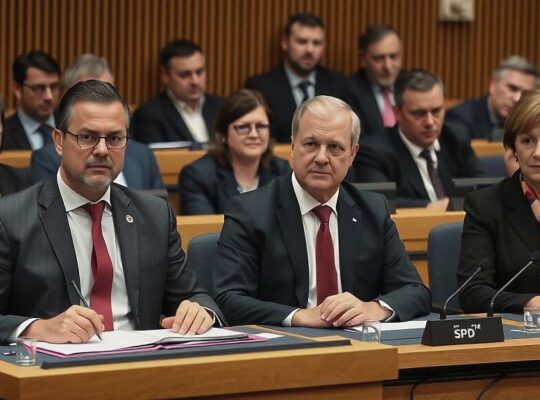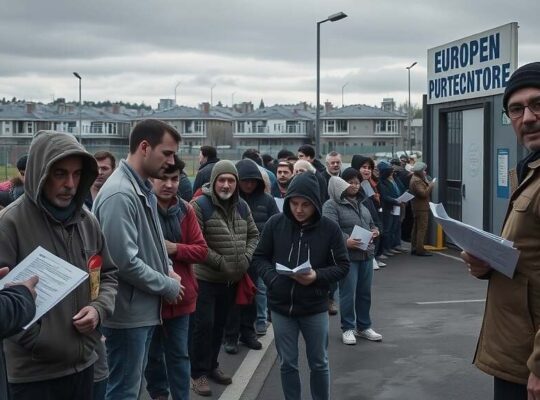Germany’s commitment to legacy industries and outdated technologies is hindering its economic future, according to a stark critique from Princeton University economics professor Markus Brunnermeier. In an interview with “Der Spiegel”, Brunnermeier warned against clinging to practices like exporting combustion engines simply due to temporary dips in electric vehicle sales, dismissing such actions as “not a solution” in a period of rapid technological disruption.
Brunnermeier is scheduled to address a symposium hosted by the Federal Ministry for Economic Affairs and Climate Action in Berlin on Monday, where he intends to deliver a broader message about the need for resilient, adaptable economic policy. He argues that Germany must actively embrace innovation rather than defaulting to established, inflexible patterns of thinking. “This is the opportunity for the German economy to return to the path of growth” he stated.
The professor’s analysis extends beyond production methods, focusing on the rigidity of the German labor market. Brunnermeier highlights a critical shortage of versatile, adaptable workers, emphasizing an over-reliance on highly specialized expertise. He points to the current system, dividing the workforce into distinct roles – bank clerks, insurance specialists, real estate agents and tax advisors – as particularly vulnerable. He suggests these roles are ripe for obsolescence through the ongoing advancement of artificial intelligence.
Brunnermeier proposes a fundamental shift in vocational training, advocating for a base-level education, perhaps in general business administration, which would allow individuals to reskill and specialize as needed throughout their careers. He effectively declared the concept of a lifelong career obsolete, arguing that the German economy requires a workforce capable of continuous adaptation and retraining to remain competitive in a globally shifting landscape. The critique implicitly challenges existing political narratives that often prioritize the preservation of traditional industries, urging policymakers to prioritize long-term structural adaptation over short-term political expediency.


